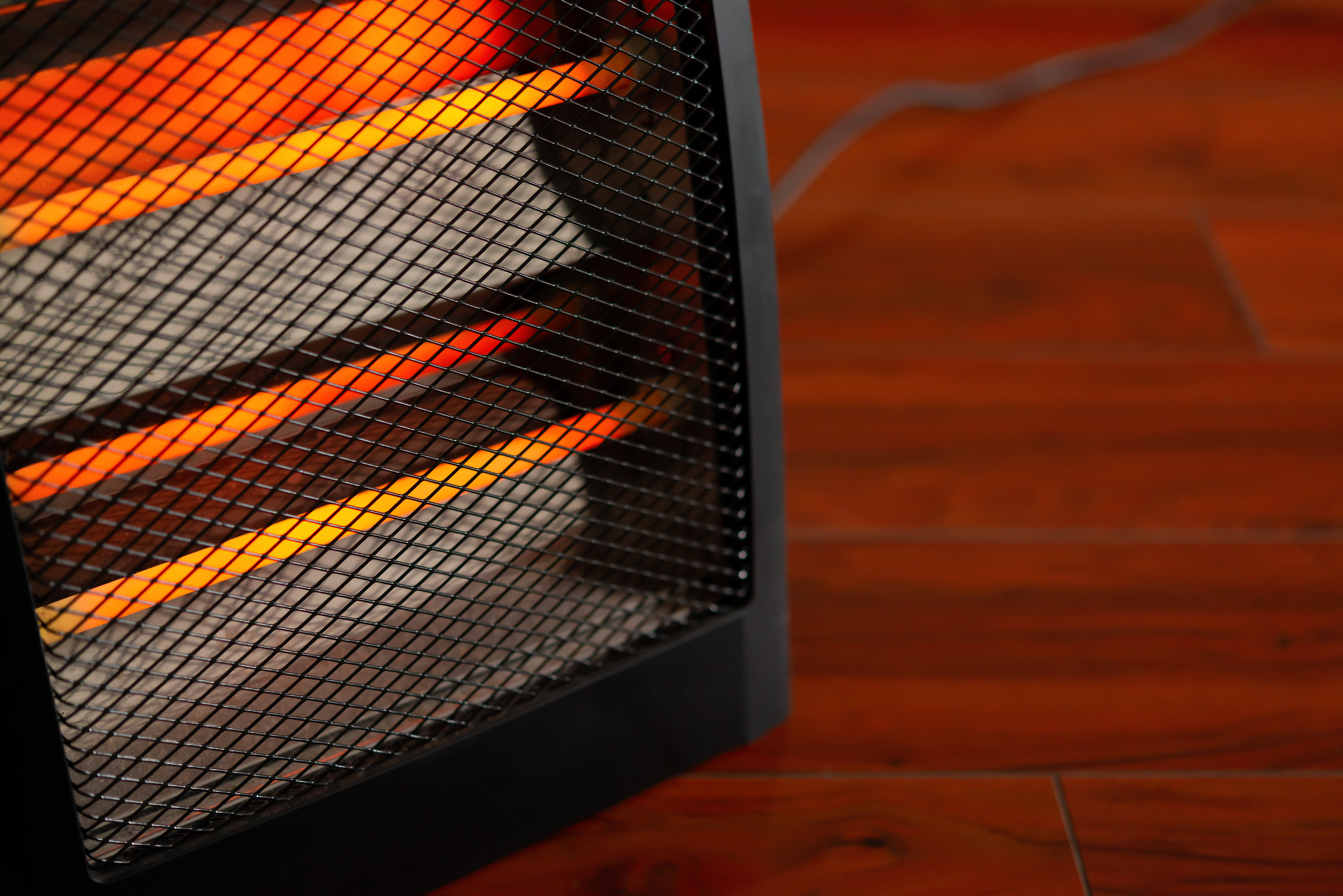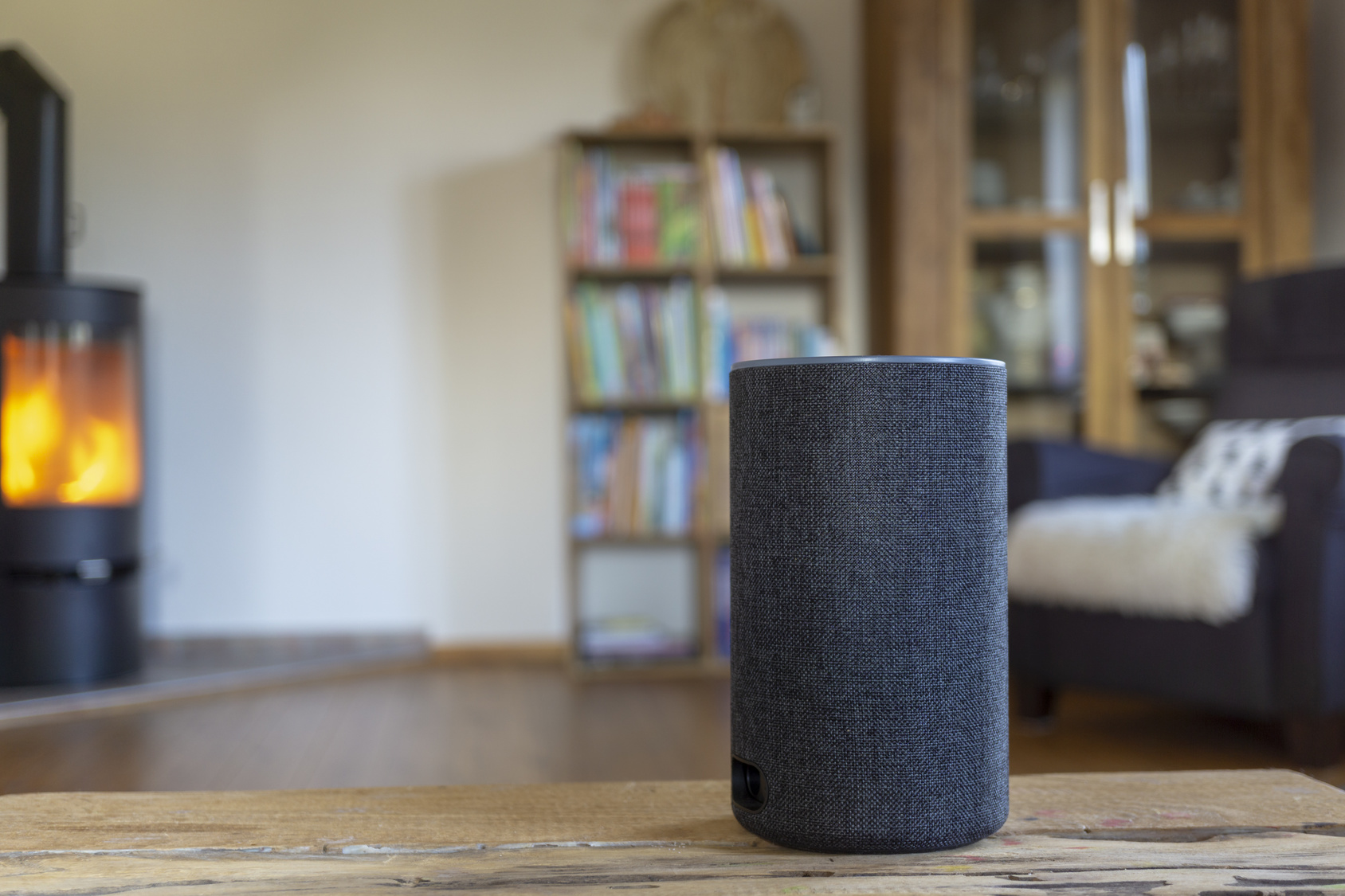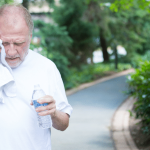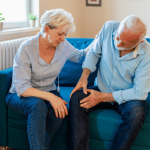Cold weather is great for those who love to play in the snow. It goes well with the holidays, but it also poses a number of safety concerns for those driving, walking in the snow, or who have old pipes that easily freeze in the winter time.
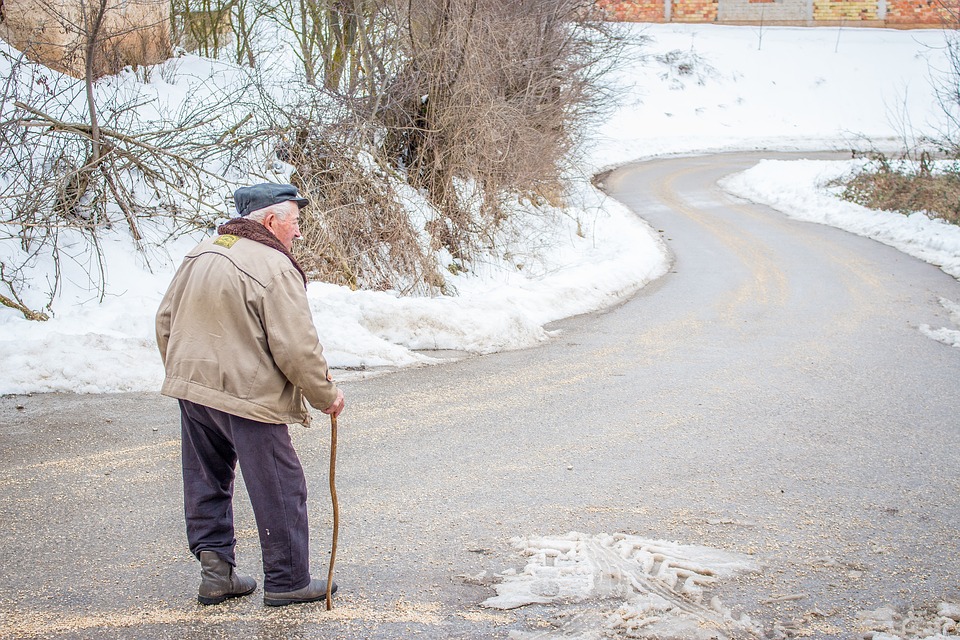
But extreme cold weather especially threatens the safety of seniors as they are more sensitive to lower temperatures. Icy sidewalks, hypothermia, and bodily injuries are another result of cold weather, making it crucial for them to be extra careful during the winter months.
If you have elderly loved ones, neighbors, or friends, check in with them periodically and inform them of these cold weather safety tips:
1. Dress warmly
Elderly individuals are much more prone to losing body heat than younger individuals. They may also be unaware of the change in their body temperature as they face the risk of hypothermia.
Hypothermia occurs when the internal body temperature reaches below 95 degrees Farenheit. Specific health problems for seniors will include kidney problems, heart attack, and even death. This is why wearing layers in cold temperatures is crucial for keeping warm and preventing hypothermia.
2. Keep the furnace on
Healthcare professionals highly recommend to keep the indoor temperatures above 68 degrees Farenheit. Many seniors are living on a budget and electricity and gas bills are more expensive in the winter time, but it’s more important to stay warm than to save money.
On the other hand, there are a number of money-saving tips for caregivers and seniors to take advantage of during the winter season. These include:
- Closing vents
- Placing rolled blankets or towel in front of doors to reduce drafts
- Covering windows with plastic
3. Using caution with space heaters
The risk for home fires is at it’s highest during the winter months, with Thanksgiving being the most disastrous. Due to additional heat sources, like space heaters, elderly individuals are 2 – 3x as likely to be injured or even die in a home fire. If you see a space heater running in an elderly individual’s home, advise them to use other sources for heat, such as a fireplace.
If they are also using one, make sure that it is covered by a large screen to prevent sparks from flying out and landing on the floor.
Finally, ensure that the home is well-equipped with smoke and carbon-monoxide detectors on each floor of the home.
4. Prevent falls
Especially on icy sidewalks, seniors are more prone to bodily injuries from falls during the cold weather season. To keep them safe, have them wear shoes with non-skid soles to prevent them from sleeping.
For seniors who enjoy walks outside, advise them to wait until the snow and ice have been removed from their property and sidewalks. Also recommend them to stay inside after dark, but if they decide to overlook your advice, consider providing them with a small first aid kit to take with them when they leave the house. This would include:
- A flashlight
- Hand warmers
- A whistle
- Flashlight
- A bottle of water
- Medications
5. Stock their food and medicine supply
In the event that a winter storm is approaching, make sure your senior loved one is well-prepared, having all medications and food they need to last 5 – 7 days.
6. Take advantage of smart technology
With today’s technology, adult children can easily track and monitor their elderly parents. Help Alert Systems like those provided by senior care services are well-equipped to contact both EMTs and their loved ones in the event of an emergency.
Voice activated home assistants, like Google Home and Alexa, also make it easy to call for help as well as make things convenient around the home, like turn off the lights, play music, provide updates on shipments, and much more.
7. Visit your loved one often
One of the best ways to ensure your loved one’s safety is to visit them often. If possible, try to be with them when they leave the home to help them run errands, exercise, or visit other friends and family. Having a companion to keep them company will also brighten their day!
Statistics have also shown that many seniors face depression during the colder months, due to seclusion, less sunlight, and the inability to go outside. While it’s not always possible to be with them, a simple phone call to check in with them can make a big difference. Set aside about 15 – 30 minutes to have an engaging conversation with them over the phone to battle feelings of isolation.
Get Help from a Caregiver
If you are still worried about leaving your loved one alone during the colder months, but cannot be with them when needed, it may be time to look into home care services. A caregiver can be there for them when you can’t, keeping them safe at specific times of the day or even 24/7.
When working with a home care agency, these services are flexible, allowing you to choose which services are needed, how often, and at what times. A caregiver will not only provide services like meal preparation, transportation, and housekeeping, but keep them company when they feel alone. Caregivers seek to build a relationship with seniors, helping them to feel comfortable in their care.
Finally, when working with a home care service, you can have the peace of mind of knowing your loved one is safe at home during cold weather season. The caregiver will adhere to all of the safety tips provided above, so you don’t have to worry about them suffering a bodily injury or hypothermia when walking outside.
For more information about how home care services can help your loved one and keep them safe, contact your local home care agency, one that is licensed, trained, and experienced.

